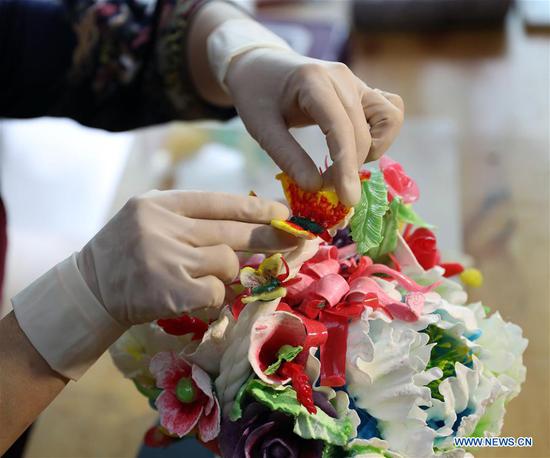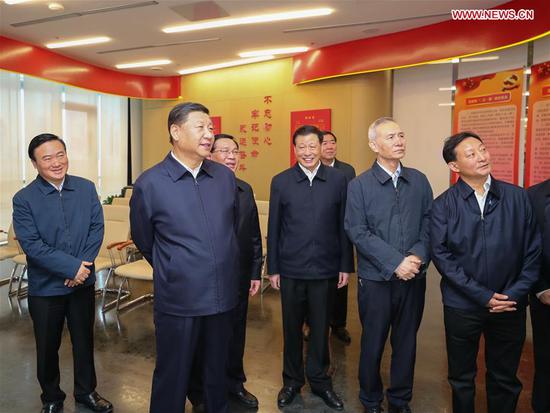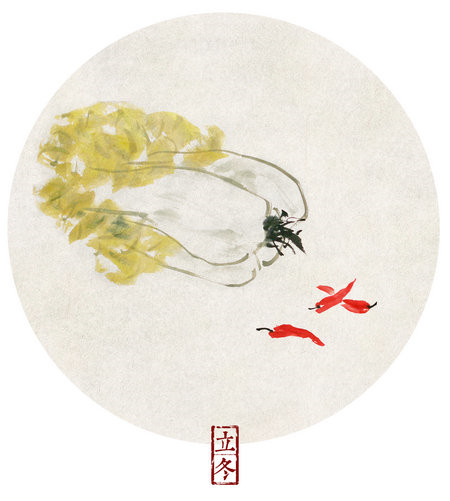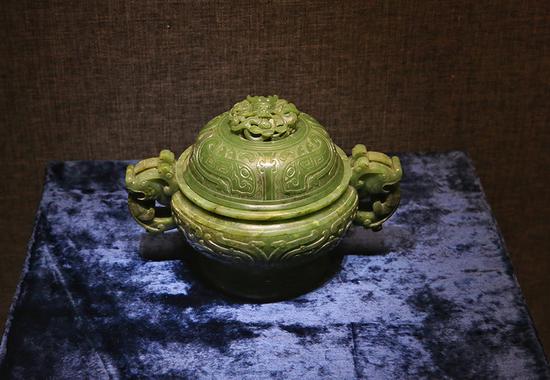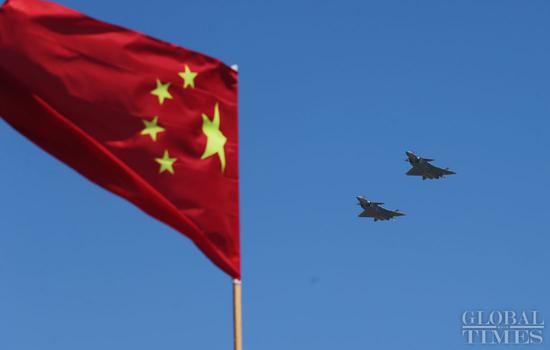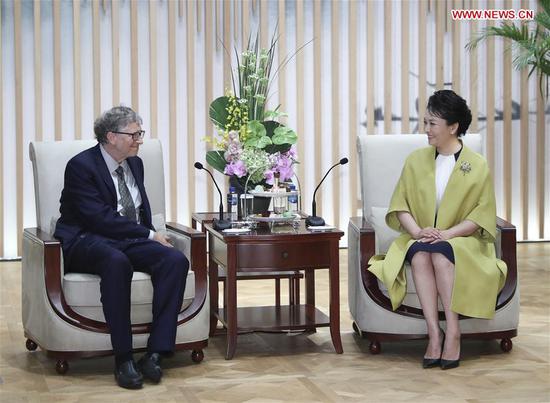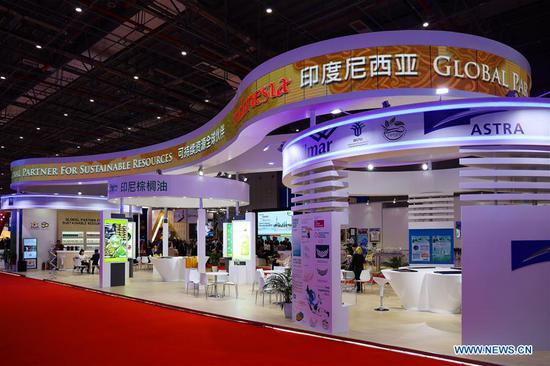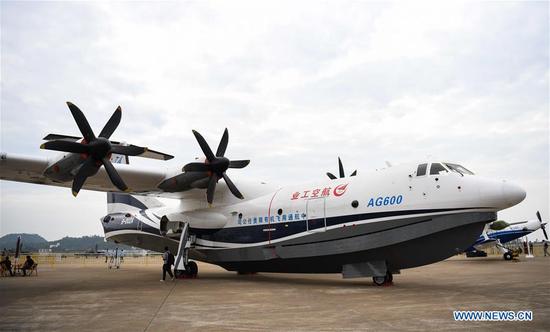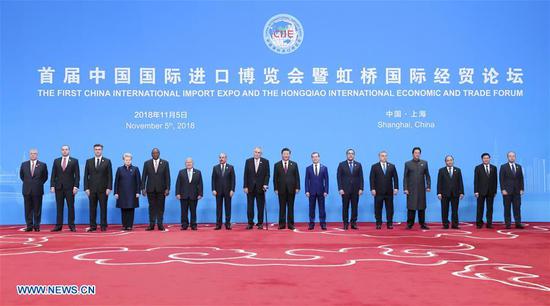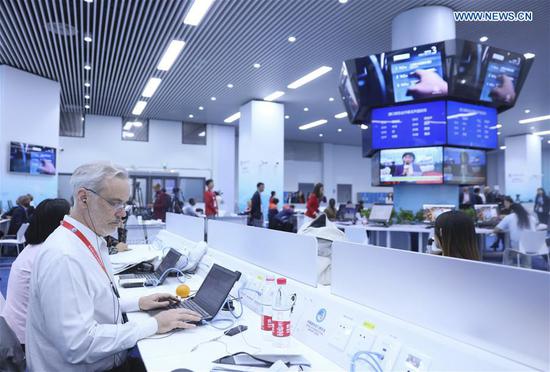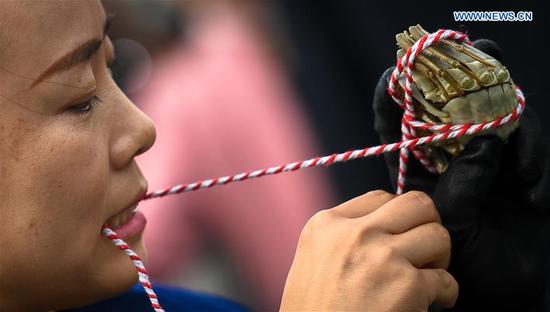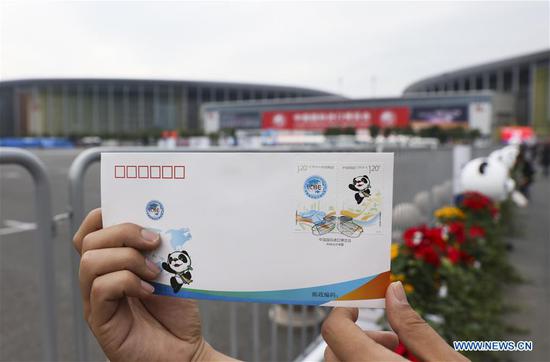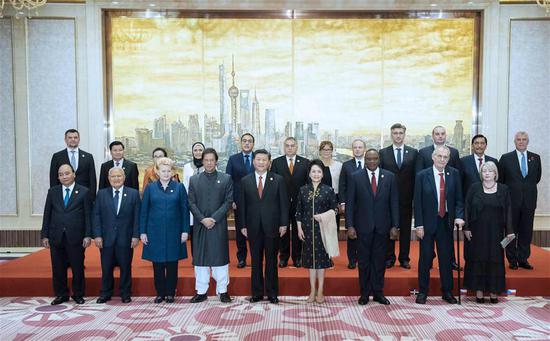
Wang Tianjun, an acupuncture teacher, demonstrates techniques for students in London. (PROVIDED TO CHINA DAILY)
Challenges ahead
Despite the global market's growth, acupuncture still faces challenges such as regulation and insurance coverage. Across the 183 countries and regions where it is practiced, only 29 nations actively regulate the industry, and only 18 cover acupuncture under their public insurance systems, according to Chinese government estimates.
Tang Shulan, founder of the Shulan College of Chinese Medicine, in Manchester, UK, said: "Acupuncture's development is restricted in countries without formal regulation, because there is no guarantee of treatment standards. Without public health insurance coverage, acupuncture can also be a very expensive treatment."
Reports of accidents have also damaged the industry's reputation and deterred many patients.
In 2012, research published in the International Journal of Risk and Safety Medicine identified 325 patient safety incidents resulting from acupuncture treatment given by National Health Service doctors in the UK over three years. The patients experienced dizziness and collapsed lungs, and needles were even left in their bodies.
Another factor that significantly reduced the number of acupuncture clinics in the UK and Europe was a new law implemented across the European Union in 2014, which made the sale of Chinese herbal medicines illegal. Acupuncture clinics that formerly derived significant revenue from herbal medicines could no longer make a profit and had to close.
"Compared with a decade ago, the number of acupuncture clinics in the UK has been significantly reduced," Tang said. "However, those that stood the test of time and survived have also proven their credibility and effectiveness to their patients. We hope they will continue to open their doors and improve the health of their patients."









